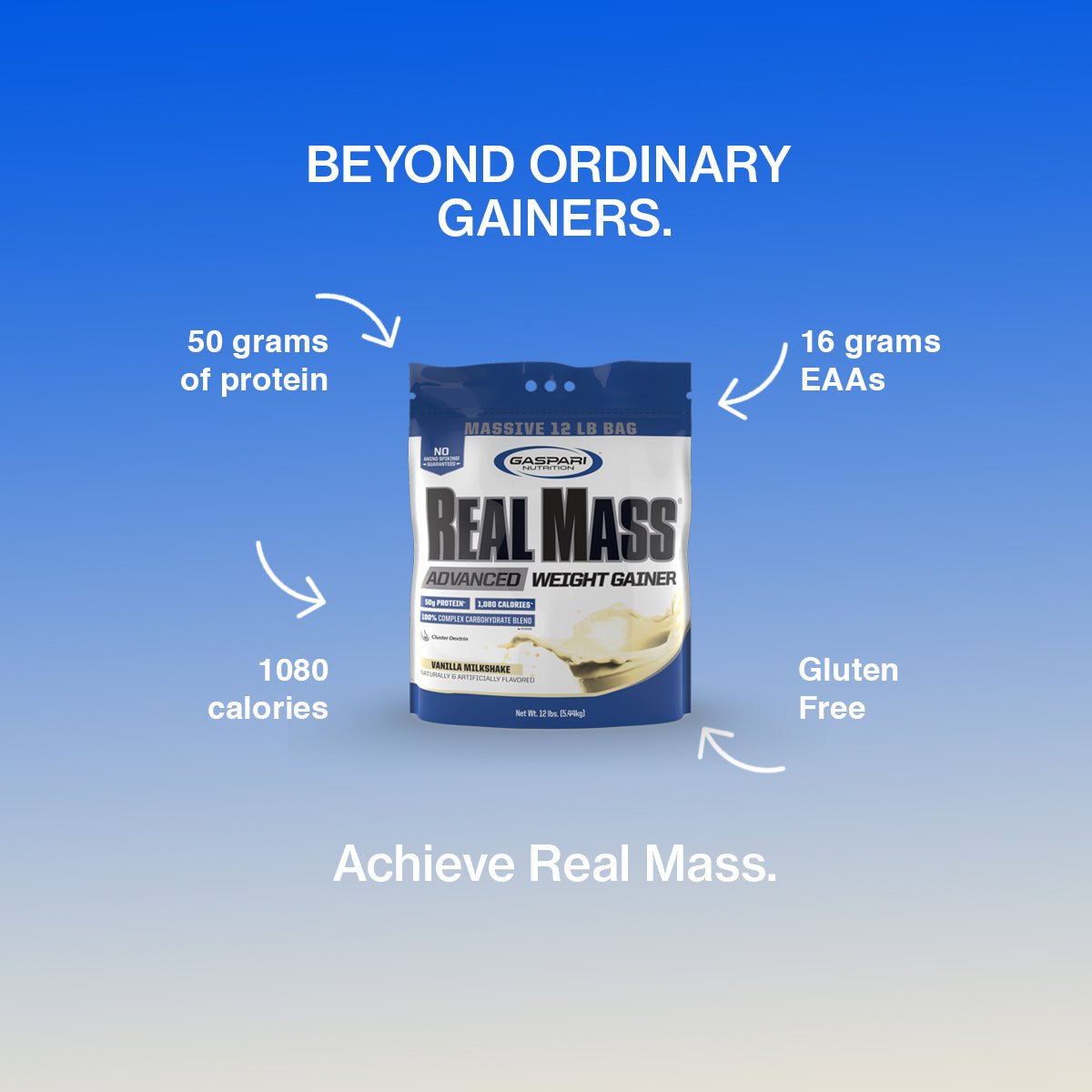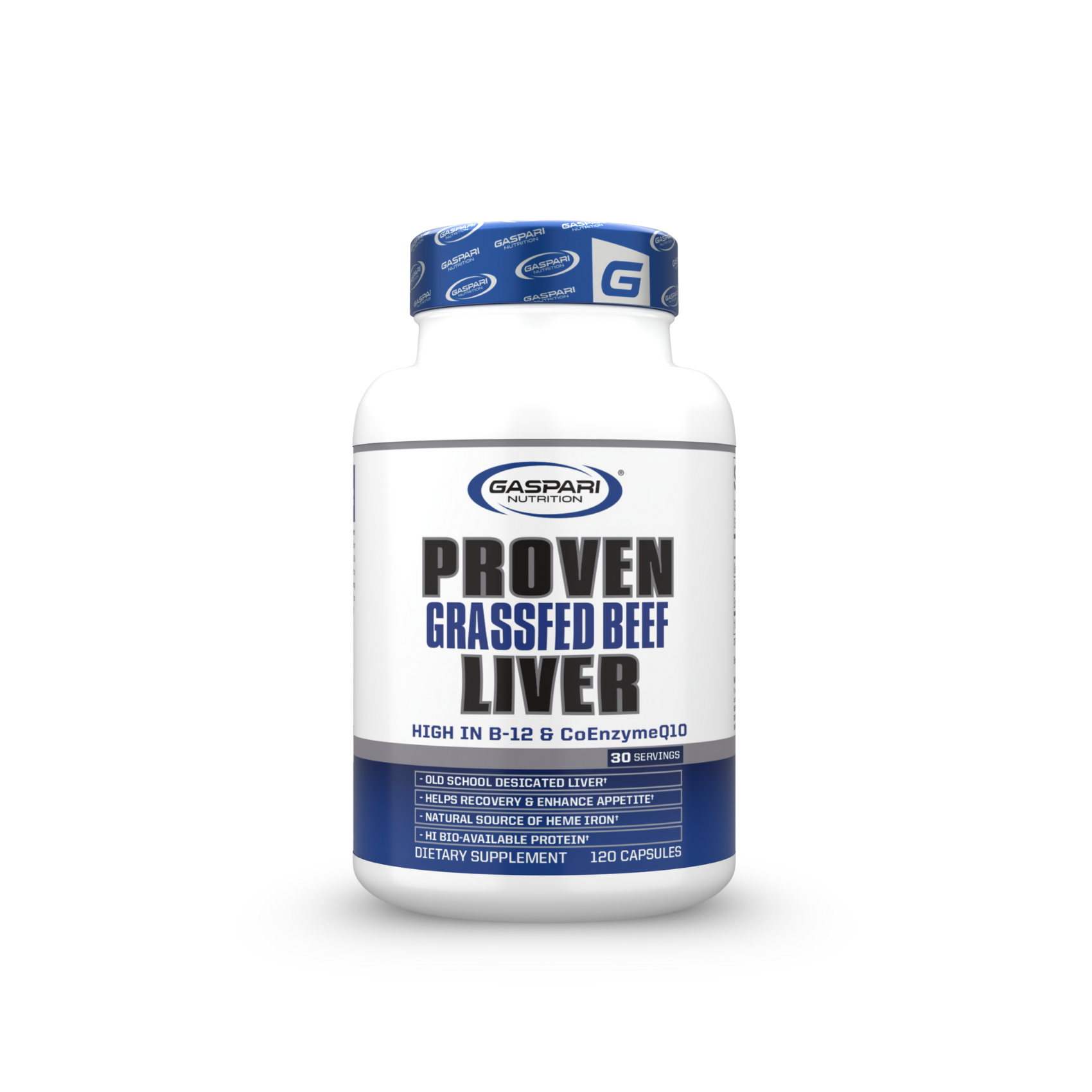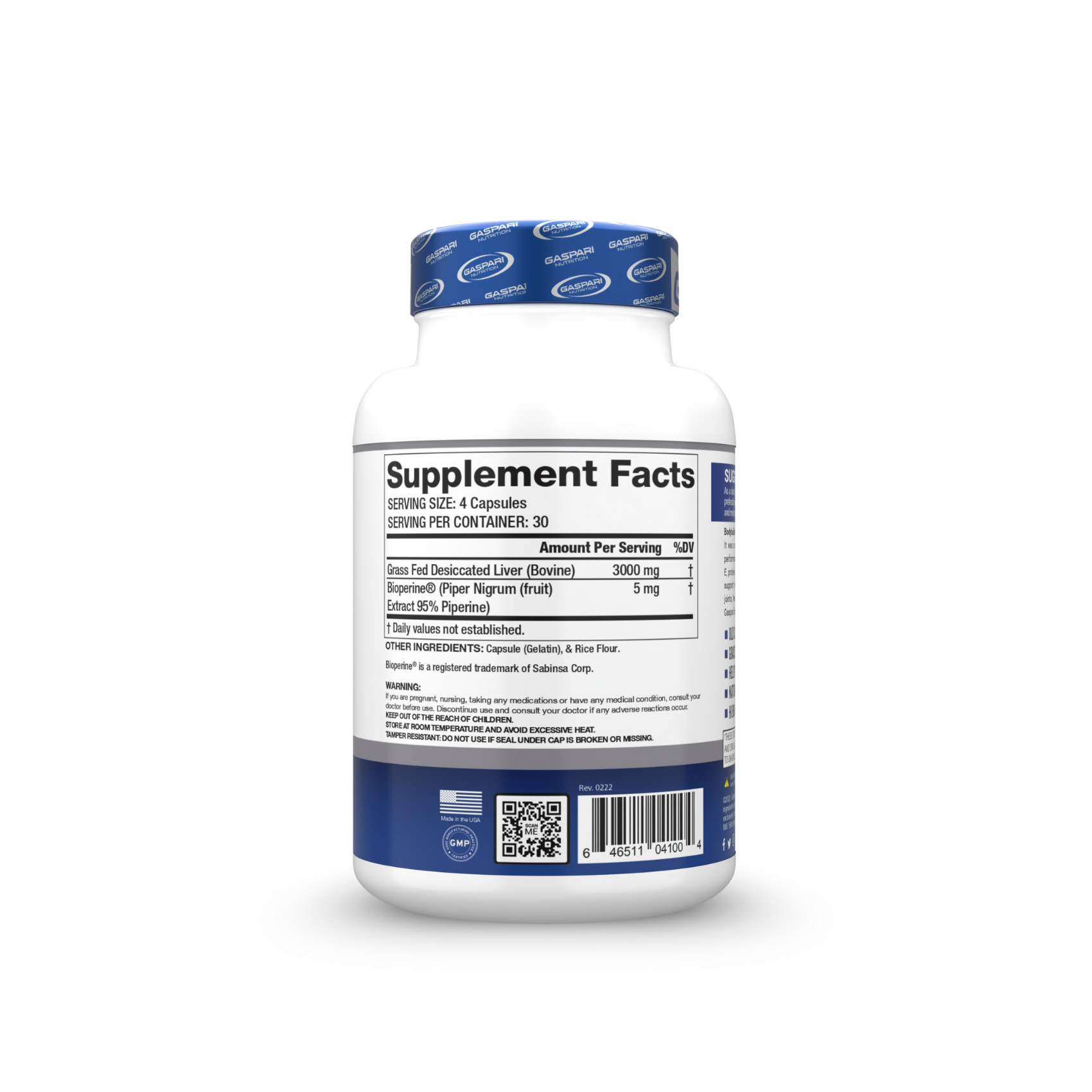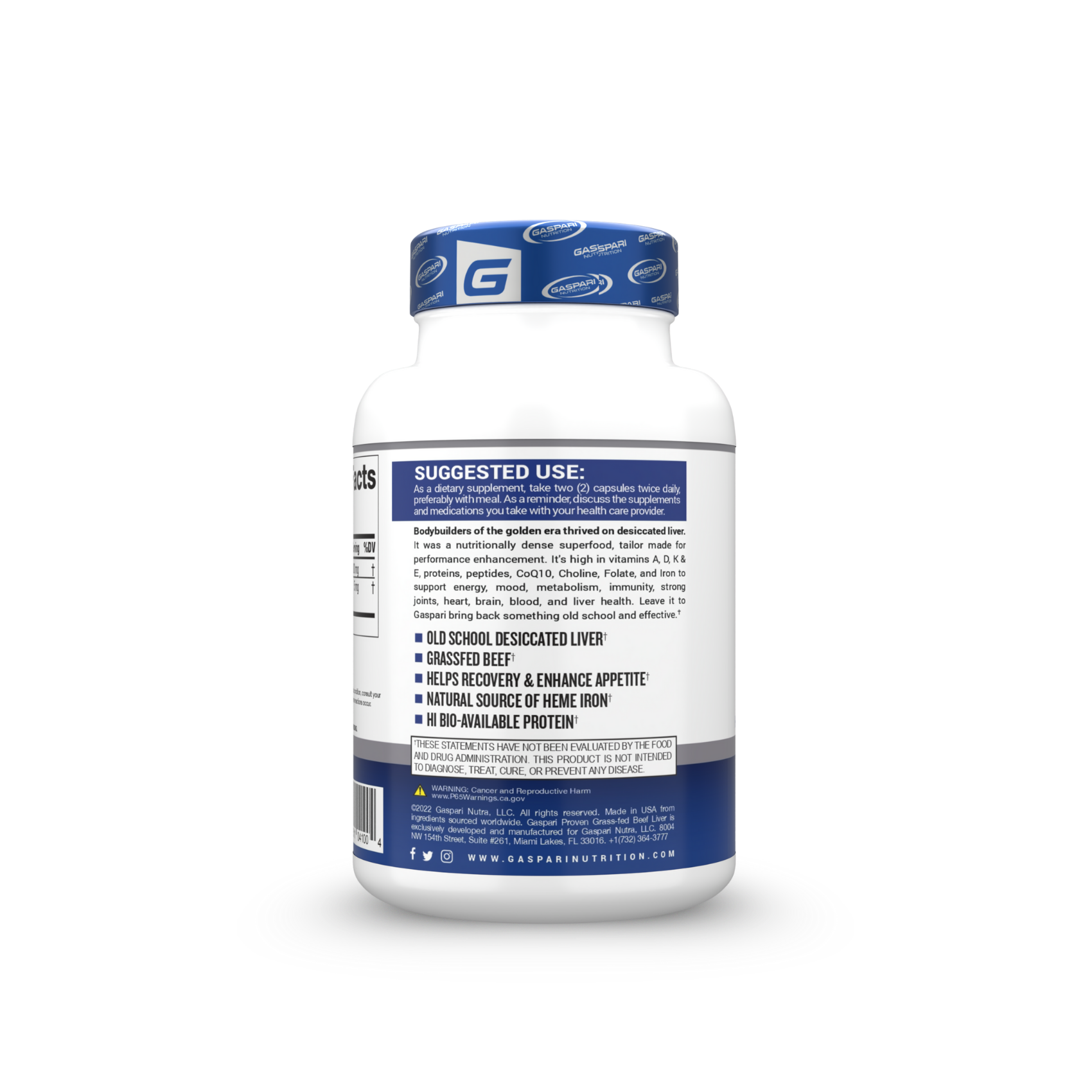Throughout the course of history, many people have extolled the health virtues of various teas. In many cases, these benefits have been proselytized not just by herbalists and dietitians, but also proven by intense clinical trials. It’s no small secret that many natural teas are full of antioxidants, vitamins and other herbal compounds which can work to energize you, relax you, and a host many other benefits.
It seems, though, that on a nearly daily basis, some new, exotic tea comes along, promising to be the next herbal miracle. Sometimes they turn out to be pretty legit, other times, they’re fads that, while harmless, wind up doing nothing useful.
Today, we’re going to talk about matcha tea, which, right out of the gate, has a lot of hard science to back the claimed benefits. This is pretty special because usually, the clinical trials come along some time after market saturation. It’s not often that an up and coming tea trend comes in with scientific guns blazing.
What is Matcha Tea?
Matcha is not a specific strain nor species of tea leaf, but rather a specific type of growing process, which significantly alters the nature of the plant by the time it’s harvested. Matcha tea involves sheltering the plants from their usual level of sunlight a month or two before harvest. This causes the leaves to work harder for their sunlight.
As we all may recall from our middle school biology classes, plants convert sunlight to sugar and energy via a compound known as chlorophyll. This, famously, is what makes most leaves green. The chlorophyll in tea is the source of a lot of the antioxidants, vitamins, and yes, the flavor inherent to it.
The process of increasing the production of chlorophyll by sun-starving the tea significantly boosts the level of antioxidants, amino acids, and causes the leaves to become much darker in hue (chlorophyll is actually a very dark green compound when concentrated).
Upon harvest, the veins and stems are removed, and the whole leaf is ground into a very powdery tea product, known as matcha.
Matcha can, by itself, have a slightly bitter, very earthy taste, though it’s not at all unpleasant.
What are Matcha Tea Benefits?
When we consider the components boosted by the increased chlorophyll, some of the benefits of this are pretty immediately obvious. matcha tea, in clinical trials, has been shown to improve liver integrity, heart health, and in some trials, even to aid in weight loss due to the improved metabolism made possible.
One of the somewhat more surprising benefits of matcha tea is its ability to potentially improve brain function. The somewhat high caffeine level, by itself, wouldn’t be healthy (though caffeine is not actually harmful either). However, the presence of the L-theanine compound, which when introduced to the same biology as caffeine, causes a slightly different effect from the norm. It produces clarity of mind and a more natural sense of energy, which doesn’t result in the same levels of jitters, nausea or crashing that plain caffeine can in excess.
Another benefit is its potential in reducing the risks of cancer. It is not a cure, nor is it a guarantee against cancer, but antioxidants are a natural preventative agent, as is the compound known as epigallocatechin-3-gallate (EGCF). While the precise mechanics behind this catechin working as an anti-cancer agent are not entirely known (further tests and studies are pending), clinical trials have shown that it does work well in helping to prevent skin, lung and liver cancers.
How Does Matcha Compare to Green Tea?
Green tea is well-known for its wealth of antioxidants and amino acids, being a stronger, more chlorophyll-rich tea itself, no special growing procedures nor processing steps are taken in its production.
Green tea is more readily available, being a very ancient and cherished beverage across Asia (and truly the rest of the world in the global age). You’re far more likely to find genuine, organic green tea in any grocery store with a decent tea selection, where matcha is a more niche product unsurprisingly.
However, green tea has a significant amount of caffeine, without the presence of the secondary compound which changes how it reacts, meaning that it can cause jitters if brewed exceptionally strong.
The concentrations of other key compounds, while present, are not as strongly present as with matcha, either.
What Does Matcha Taste Like?
Opinions vary on the taste of matcha when served “straight”, with many equating it to a slightly more bitter, earthy sort of green tea flavor. I don’t experience the subtle bitter, instead of perceiving an almost “mint” note in its place.
Of course, many people who imbibe matcha regularly, make blends of the tea, including natural sweeteners such as honey, cane sugar, or fruit juice infusions, which do in fact blend quite well – mango is an excellent flavor infusion if you’re not into “strong” plain tea flavors.
How to Prepare Matcha Green Tea
Matcha is actually very easy to prepare, being no more complex than instant tea. Like instant teas, it’s a powder you simply stir into water (hot or cold), and stir vigorously. However, being pulverized tea leaves, rather than freeze-dried crystals, the powder is much more potent by volume.
You will want to start with 2oz (59ml) of hot or cold water, and add 1-2 teaspoons of the powder. This will produce a very stout, strong tea. Fans of coffee or other notoriously strong teas will find straight matcha palatable if a bit different than what they’re used to. Drinkers of stronger green teas will find it less bracing than others.
For lighter teas, you can reduce it to 1/2tsp, which is ideal if you plan to infuse fruit juices or other additives for a sweeter, milder-tasting beverage.
Variations of matcha include smoothies using honey and ice, or iced matcha with a small amount of sugar. It’s ok to use a little bit of sugar – in moderation, sugar is not in fact, the devil.
How Much Caffeine is in Matcha Green Tea?
Matcha contains approximately 35mg of caffeine per half teaspoon of powder. This is not the most highly-caffeinated beverage, many coffees, and soft drinks far exceeding this. However, it is a relatively high dosage of caffeine, meaning that if your doctor has recommended keeping your caffeine consumption to a minimum, you may want to look into green tea extracts or other treatments that don’t contain the caffeine.
Either way, while this is a palatable, very health-positive tea, moderation is a good idea. Excessive consumption of this in a day’s time can result in gastric discomfort (you are drinking powdered tea leaves) in some, as well as caffeine jitters in others.
To learn more about the health benefits of teas, and other nutrition facts, follow us on Facebook today!
The post Benefits of Matcha Green Tea appeared first on Gaspari Nutrition.























































































Share:
Anavite
Ruck Marching